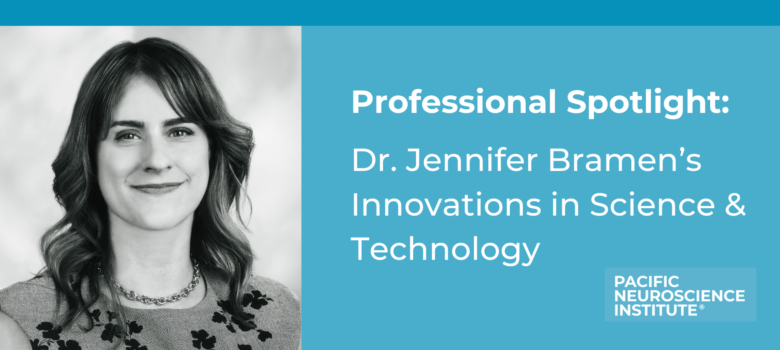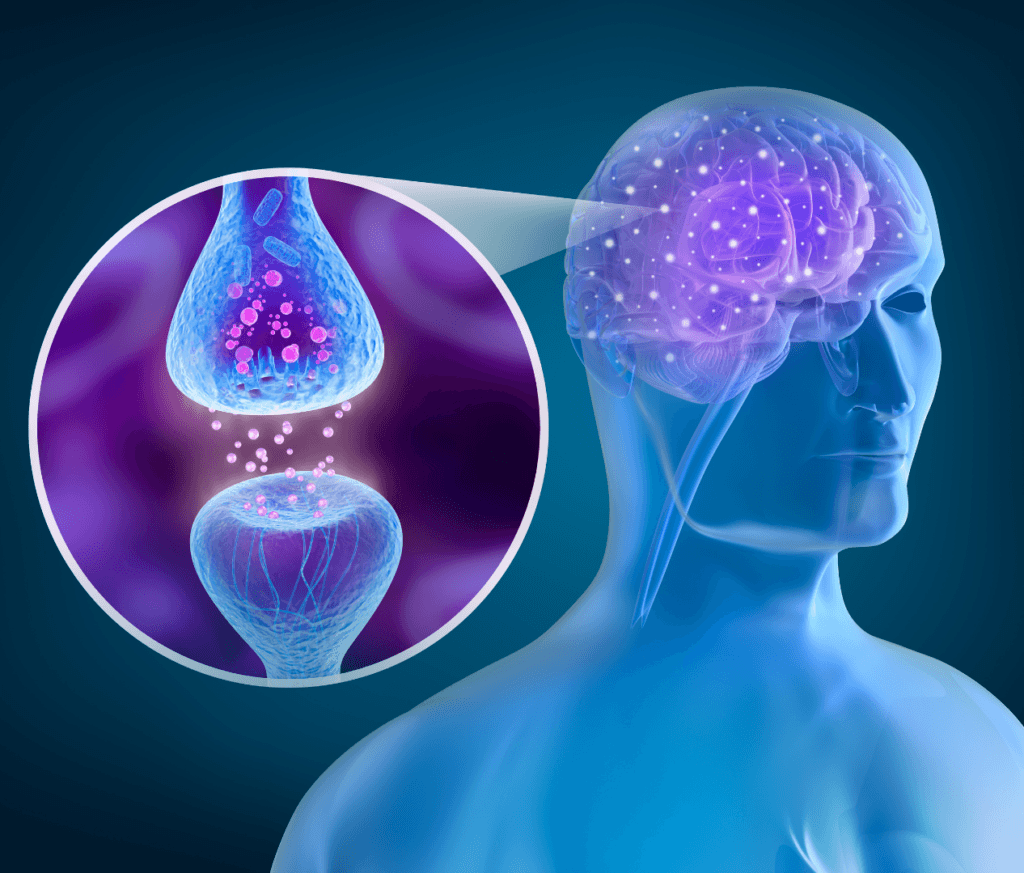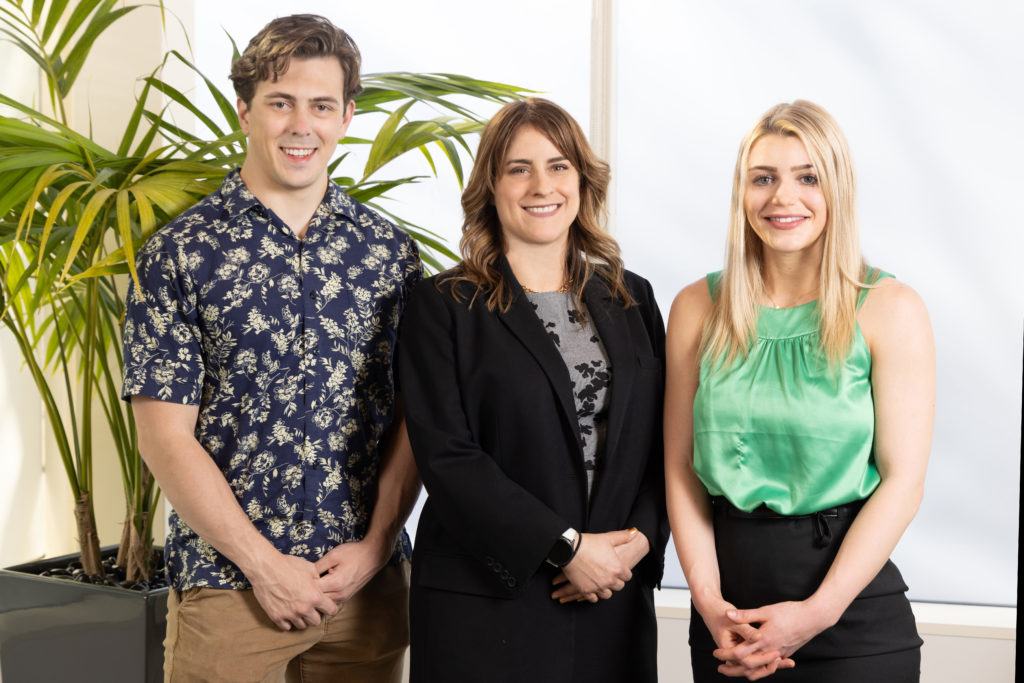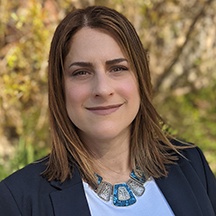

Professional Spotlight: Dr. Jennifer Bramen’s Innovations in Science & Technology
by Amelia Garrison
Born and raised in Los Angeles, California, Jennifer Bramen, PhD, is a Senior Research Scientist at Pacific Neuroscience Institute (PNI)’s Brain Health Center in Santa Monica, California. She leads PNI’s Neuroimaging Core, a new program that will provide neuroimaging-based biomarkers for clinical trial research. In addition, she is a key figure in PNI’s efforts to expand translational research, a method of taking scientific discoveries and transforming them into treatments to improve patient outcome.
Training in neuroimaging and technology
From a young age, Dr. Bramen dreamed of becoming a neuroscientist. “As a child, I became increasingly fascinated with the brain. It was the one thing that I was most passionate about,” commented Dr. Bramen. “[I remember wondering], how is it that cells that fire electricity can somehow add up to a person?”

By the time she was eighteen, Dr. Bramen was collaborating on Alzheimer’s research with world-renowned innovators in science and technology. She received a PhD in Neuroscience from UCLA and went on to develop a neuroimaging tool to measure craving levels in the brain in real-time in order to help patients with cigarette addiction. In addition, she collaborated with mathematicians to apply machine learning techniques to neuroimaging to improve the clinical diagnosis of epilepsy.
After completing her postdoc, Dr. Bramen was eager to apply her knowledge outside of academia. “I wanted to get out in the world and find a way where I could put my understanding of neuroscience and technology development into actual real life,” said Dr. Bramen.
The road to PNI
Prior to joining PNI, Dr. Bramen worked as a data scientist, testing if drug targets were going to the right places in the brain. She also developed a comprehensive mobile application for clients to see representations of their own data over time, combining client-reported outcomes, quantitative brain imaging reports, and provider-driven protocols. Cumulatively, these experiences developed her interest in the capabilities of neuroimaging for translational research, including creating client and patient-facing tools and reports.
“I developed neuroimaging abilities and a real passion for translational research. Coming to PNI was like coming home because it allowed me to apply my knowledge in the clinic,” Dr. Bramen said.
Innovation at PNI’s Pacific Brain Health Center
Today, Dr. Bramen collaborates with clinicians at PNI to improve the lives of patients through science and technology. “I am interested in technology-associated interventions, or clinical improvements, so I work really closely with the clinic and clinicians to try to see what might actually work,” she explained.

Currently, Dr. Bramen is the Principal Investigator of the NIH-funded Simultaneous Memory Training and Exercise Mobile Technology Program for Mild Cognitive Impairment (MCI) mobile-App and clinical trial (mSIM). She explained, “Patients are given a tablet and interact with brain training exercises while doing physical exercise. Based on our prior work, we believe that simultaneous aerobic exercise and brain exercise are synergistic, so they are more beneficial together than either alone.”
Dr. Bramen went on to explain, “When you do aerobic exercise, you basically give your brain a bath of incredibly beneficial things. You end up with things like angiogenesis, or a re-sprouting of capillaries and other vasculature. Aerobic exercise increases neurotrophic factor levels, which are important for learning and memory, and promotes brain cell survival. Your cells get more blood, bringing nutrients and removing waste products. They plump up and get healthier. Exercise is one of the most beneficial things you can do for your brain.”
When aerobic exercise is coupled with mental exercise, the brain benefits even more. Dr. Bramen explained that this is because as we age, the brain goes through synaptic pruning, a natural process whereby the brain eliminates extra synapses. Synapses are structures in the brain that permit neurons to transmit electric or chemical signals to neurons in the brain.

“As we age, we are constantly in a state of synaptic pruning,” explained Dr. Bramen. “What that means is that we trim what we are not using. Synapses are expensive to maintain, so the old saying “use it or lose it” may be true. We believe that when you stimulate your brain with brain training, you signal that the cells you use are important to keep around. Adding physical exercise at the same time gives the brain resources to have greater cellular health.”
A patient-centered approach to science
As a neuroscientist, Dr. Bramen is dedicated to improving the lives of patients through patient-centered technology. She explained, “When we talk about things that are patient-centric, and things that have clinical utility, having something that can be explained by the provider to the patient and understood by the patient and their family matters. This is because it determines whether or not people are going to want to use it.”
Meet the team
When asked about her work at PNI, Dr. Bramen was passionate about crediting her team. “Nothing in technology development or clinical trials research is done by an individual. We have an amazing team of providers, content creators, research associates, analysts, senior scientists, and administrators that are critical to this work,” she said.

Front row, left to right: Jenna Mattison, Colby Slyapich, Malanie Lampa, Claudia Wong, MSN, RN, FNP-BC, Aarthi Ganapathi, Ryan Glatt, MS, CPT, NBHWC, CPT. Back row, left to right: Verna Porter, MD, Mihae Kim, Jennifer Bramen, PhD, David Merrill, MD, PhD, Stella Panos, PhD, Gavin Kress, MS, and Emily Popa, MS. Not pictured: Karen Miller,PhD, Prabha Siddarth, PhD, Richeline Dye, PhD, Somayeh Meysami, MD, Susan Bookheimer, PhD, Molly Rapozo, MS, RDN, CD, Casey Richards, and Kryon Pierce.

Pictured left to right: Jennifer Bramen, PhD, Ryan Glatt, MS, CPT, NBHWC, CPT, David Merrill, MD, PhD. Not pictured: Aarthi Ganapathi, Kyron Pierce, Karen Miller, PhD, Richeline Dye, PhD, and Sarah McEwen, PhD.

Pictured left to right: Gavin Kress, MS, Jennifer Bramen, PhD, and Emily Popa, MS. Not pictured: Somayeh Meysami, MD.
Learn more about Dr. Bramen’s innovative approach at PNI’s Pacific Brain Health Center.
More information: 310-582-7641
About Jennifer Bramen, PhD

Jennifer Bramen, PhD, is a Senior Research Scientist at the Pacific Neuroscience Institute Foundation. She works alongside clinician-scientists at the Pacific Brain Health Center to bridge the gap between the translational research pipeline and full clinical implementation. Dr. Bramen is also spearheading the Pacific Neuroscience Institute Foundation’s new Neuroimaging Core, which will provide neuroimaging-based biomarkers for clinical trials research.
Related Links:
- Pacific Brain Health Center
- Pacific Brain Health Center – Clinical Trials & Research
- Clinical Trial: Precision Recommendations for Environmental Variables, Exercise, Nutrition and Training Interventions to Optimize Neurocognition
- Clinical Trial: Simultaneous Memory Training and Exercise Mobile Technology Program for Mild Cognitive Impairment (MCI)
About the Author

Amelia Garrison
Amelia Garrison is the Marketing Specialist at Pacific Neuroscience Institute (PNI). Well versed in community outreach strategy and implementation, she leads the PNI blog, newsletter, and digital communications. Amelia oversees PNI's reputation management and community sponsorships.
Last updated: May 11th, 2022
